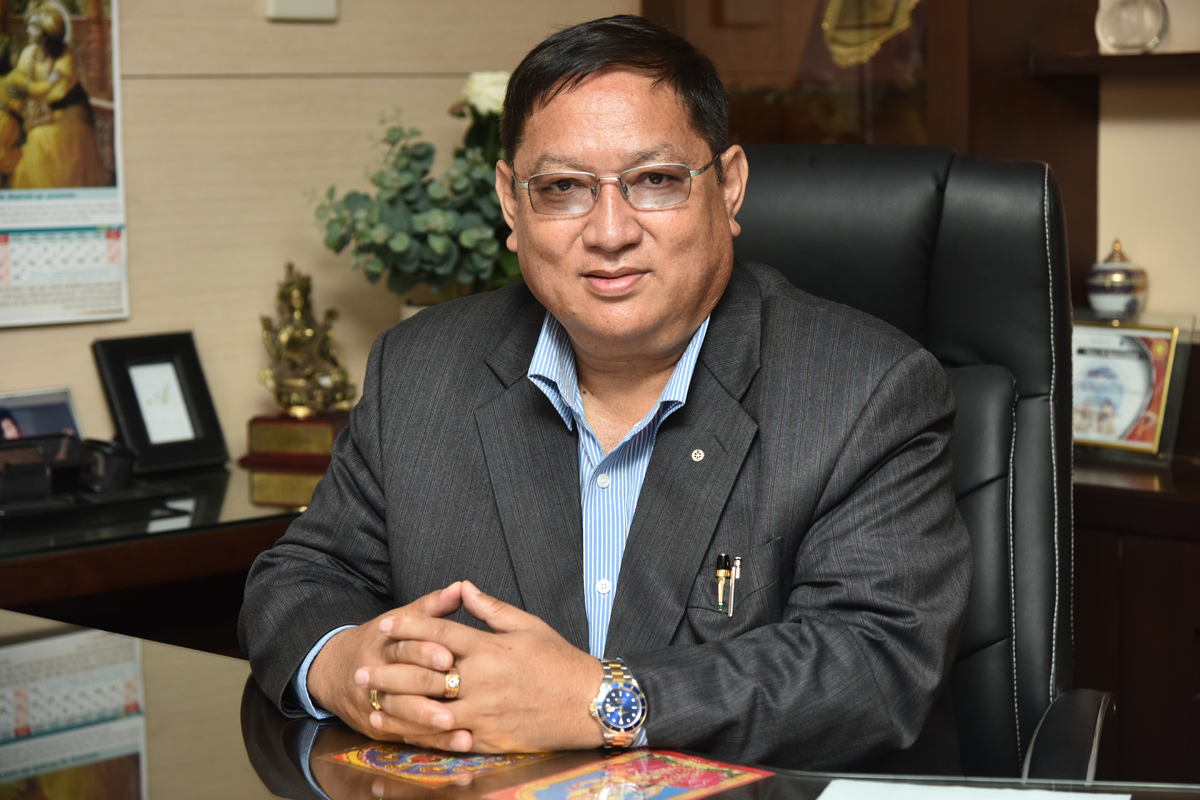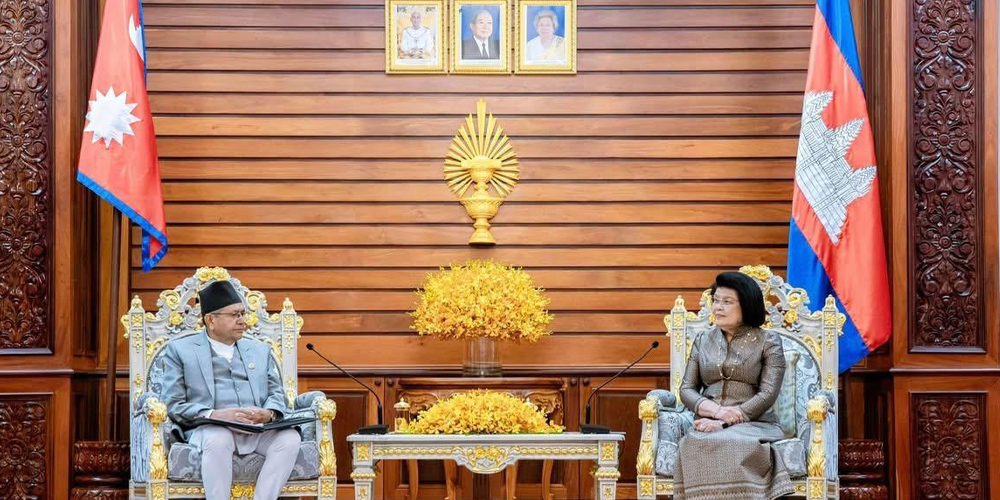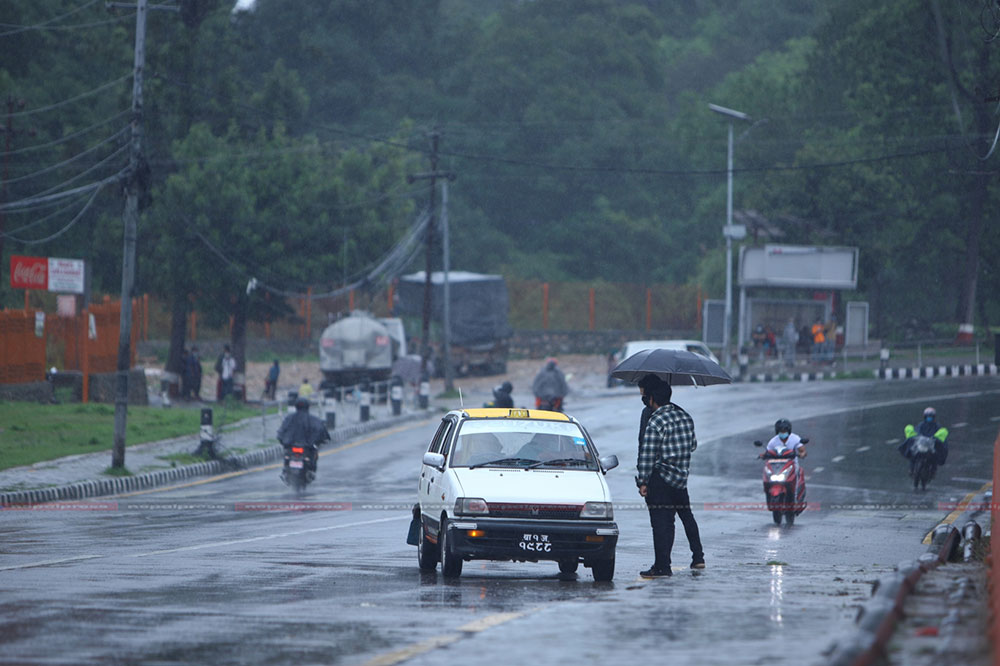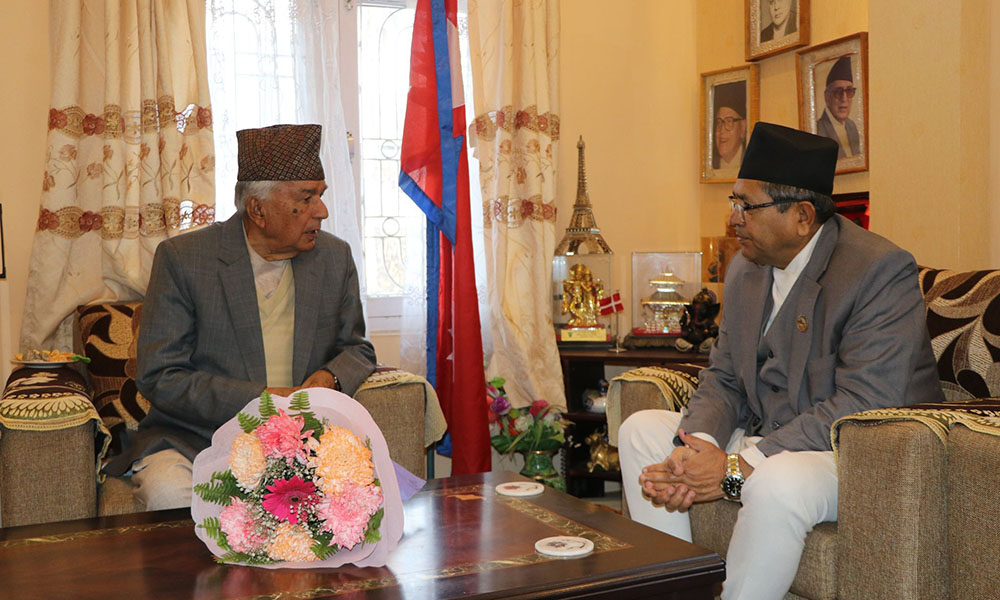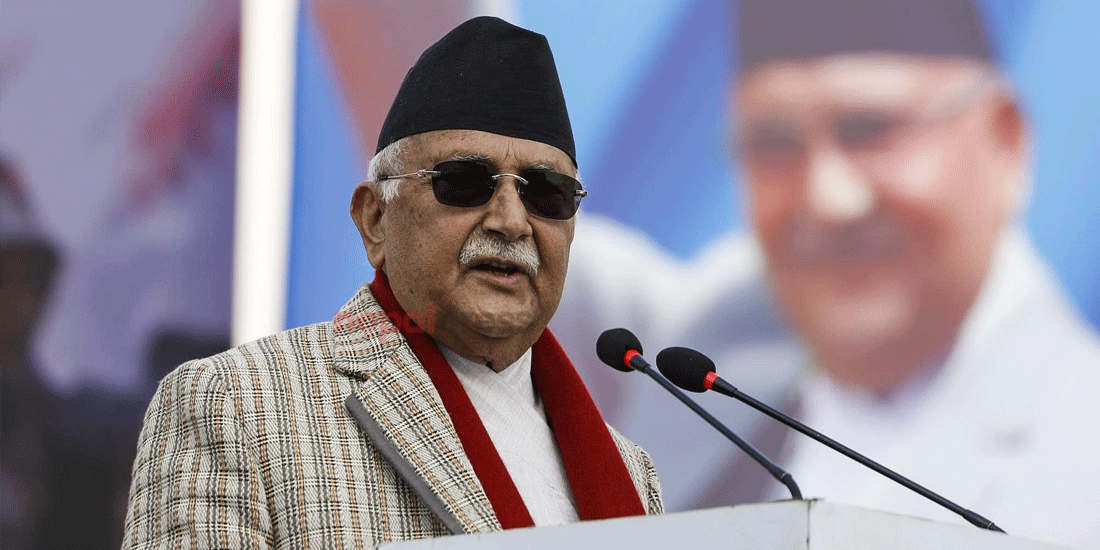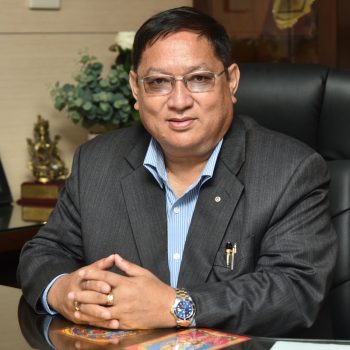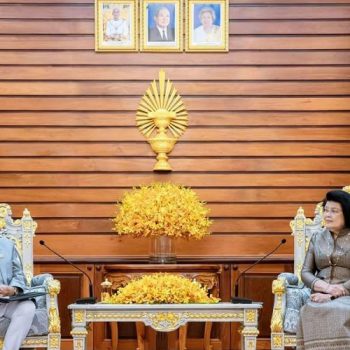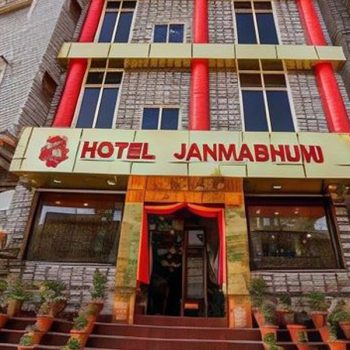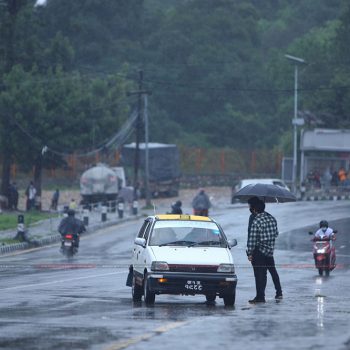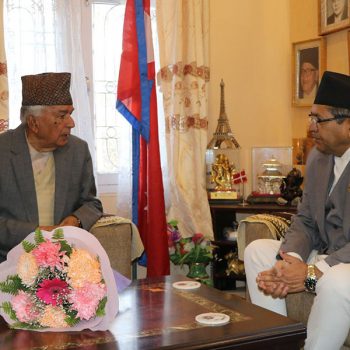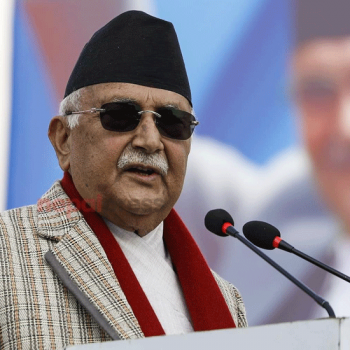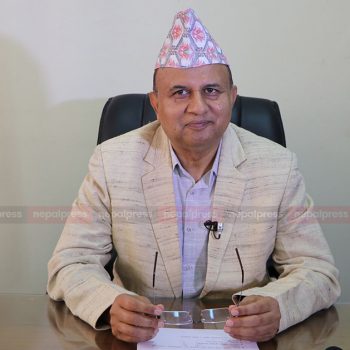Completing remaining task of transitional justice is Nepal’s top political agenda: PM Dahal
 NepalPress
NepalPress
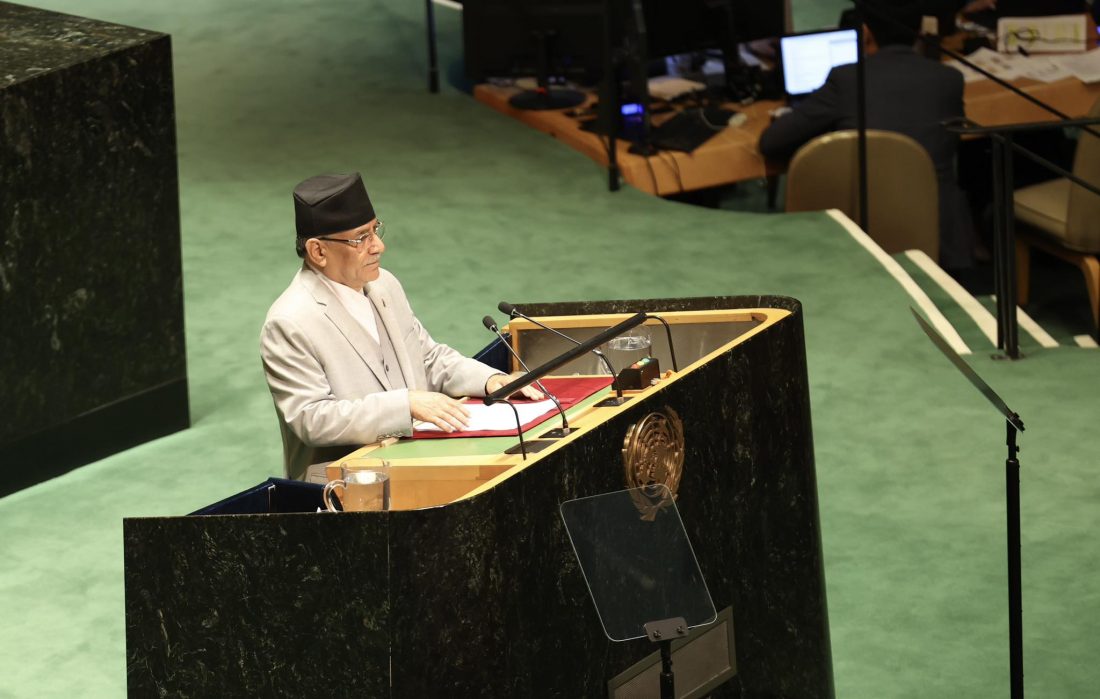
KATHMANDU: Prime Minister Pushpa Kamal Dahal has said that Nepal is now closer to logically concluding its unique, nationally owned, and home-grown peace process.
In his address to the General Debate of the 78th Session of United Nations General Assembly (UNGA) on September 21, the PM said that completing the remaining task of transitional justice is top on his political agenda. “As the Prime Minister and a co-signatory of the Comprehensive Peace Accord, I have been making serious efforts to bridge the gaps and build consensus among the key stakeholders,” the PM said in his address under the theme “Rebuilding Trust and Reigniting Global Solidarity: Accelerating Action on the 2030 Agenda and its Sustainable Development Goals towards Peace, Prosperity, Progress, and Sustainability for All”.
He added that an Amendment Bill related to the transitional justice has been tabled at the Federal Parliament to address the concerns of the victims, strike a right balance between peace, justice and reparation, and to make the transitional justice process broadly owned by our society. “The proposed Bill, evolved through a wider consultative process, takes a victim-centric approach and recognizes reparation as victim’s right,” according to the PM.
PM Dahal also stated that there will be no blanket amnesty for the serious violation of human rights adding that the ultimate objective is to establish an enduring peace in the country and foster harmony in society through peace, justice, and reconciliation.
The PM also appealed to the international community for their goodwill and support to the conclusion of the final leg of Nepal’s peace process and to duly recognize this rare example of successful conflict transformation.
PM Dahal also shared Nepal’s political journey of the past fifteen years saying “we have come a long way. We successfully transitioned through a nationally led peace process. We promulgated a democratic Constitution in 2015 by an elected constituent assembly, which has consolidated the universally recognized values of human rights, participatory democracy, periodic elections, inclusive proportional representation, full press freedom, independent judiciary, and the rule of law”.
Likewise, the PM said that the successive two cycles of federal, provincial, and local elections have resulted in increased participation of women, Dalits, youths and under-represented communities at all levels of governance in Nepal. “We have been able to ensure 41 per cent representation of women in local assemblies. A minimum of 33 per cent representation of women is constitutionally guaranteed in the provincial assemblies and federal parliament. We have firmly established that the sovereignty lies in Nepali people, and they are the real source of state power.”


